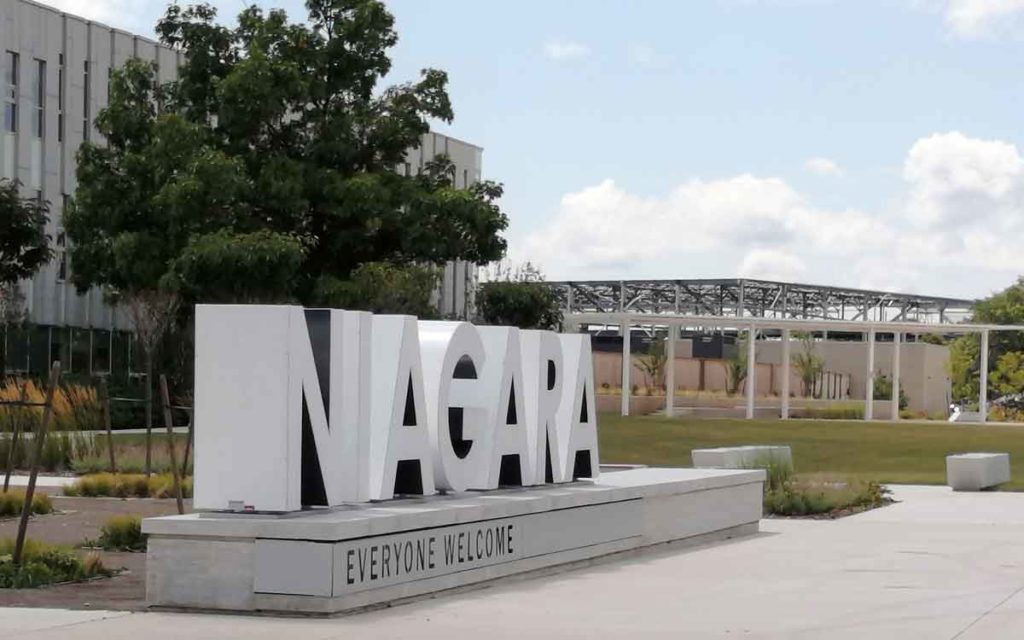
Last Thursday, Niagara Regional councillors were told that Niagara residents are able to pay higher taxes.
According to a KPMG sustainability report received by Council, despite a lower level of household income than other Ontario municipalities, the average regional residential taxes per household is among the lowest. Oscar Poloni of KPMG was on-hand to provide a presentation to regional politicians.
“There doesn’t seem to be a very pressing issue with respect to affordability,” said Poloni. “What you can see is that in terms of balancing tax levels with income levels, you’ve actually come in along the midpoint of the municipalities that we’ve compared you to.”
“Are your taxes too high? From a system-wide perspective, we don’t see that,” Poloni later added.
The data also showed that local municipal taxes take up a larger share of the total blended municipal-regional tax bill than other similar jurisdictions such as the regions of Durham, Waterloo and York. The report highlighted that when looking at the Region’s taxation levels without considering the local portion of the tax bill, the Region’s taxes are the lowest in terms of residential taxation per household.
The report did highlight several financial concerns that the Region faces going forward. Amongst Niagara’s comparators, the Region was found to have the second lowest reserve fund on a per household basis, the lowest rate of infrastructure replacement and the second highest debt load.
The high debt load factored in both regional and local area municipal debt. When a local municipality wishes to borrow funds for large projects, they must do so through the Niagara Region who issues the debt on the local municipality’s behalf.
“Is the Region saying that the local area municipality debt is putting them at risk?” Lincoln Mayor Sandra Easton asked Poloni.
“You’ll find pockets where there is more debt than others and once again, that’s a decision that is made at the local level,” Poloni responded. “Our position is not to dictate policy for any of our clients.”
“That is the role of governance.”
Niagara Falls Councillor Bob Gale lamented that Council has received many of the same recommendations around alternative service delivery or consolidation of services in order to save costs.
“The common theme on this is we seem to get these reports and we don’t act on them or they’re not acted on by staff. I don’t know where the ball drops.”
Lincoln Councillor Rob Foster commented on the areas where Niagara’s costs were comparatively lower than other jurisdictions and how the lower costs impacted quality of service.
“There are areas of the Region that we believe would benefit from increased investment and increased resources because we think the performance isn’t necessarily where it could be for an organization of this size.”
The report was commissioned to provide the Niagara Region a better understanding of the services provided and to assist Council in its overall decision making ability. The findings did not include implications as a result of the ongoing COVID-19 pandemic.

Kevin has spent over two decades as a public relations professional in a variety of sectors including professional sports, the arts, industry and healthcare. After tiring of the daily commute to Toronto he returned to Niagara and launched The Niagara Independent, an online news source published twice weekly.
He is a graduate of Brock University, Niagara College and the Richard Ivey School of Business. He was named one of Niagara’s 40 Under Forty in 2005.
Kevin is most proud of his twin daughters. He is also a triathlete and four-time Ironman finisher.




















